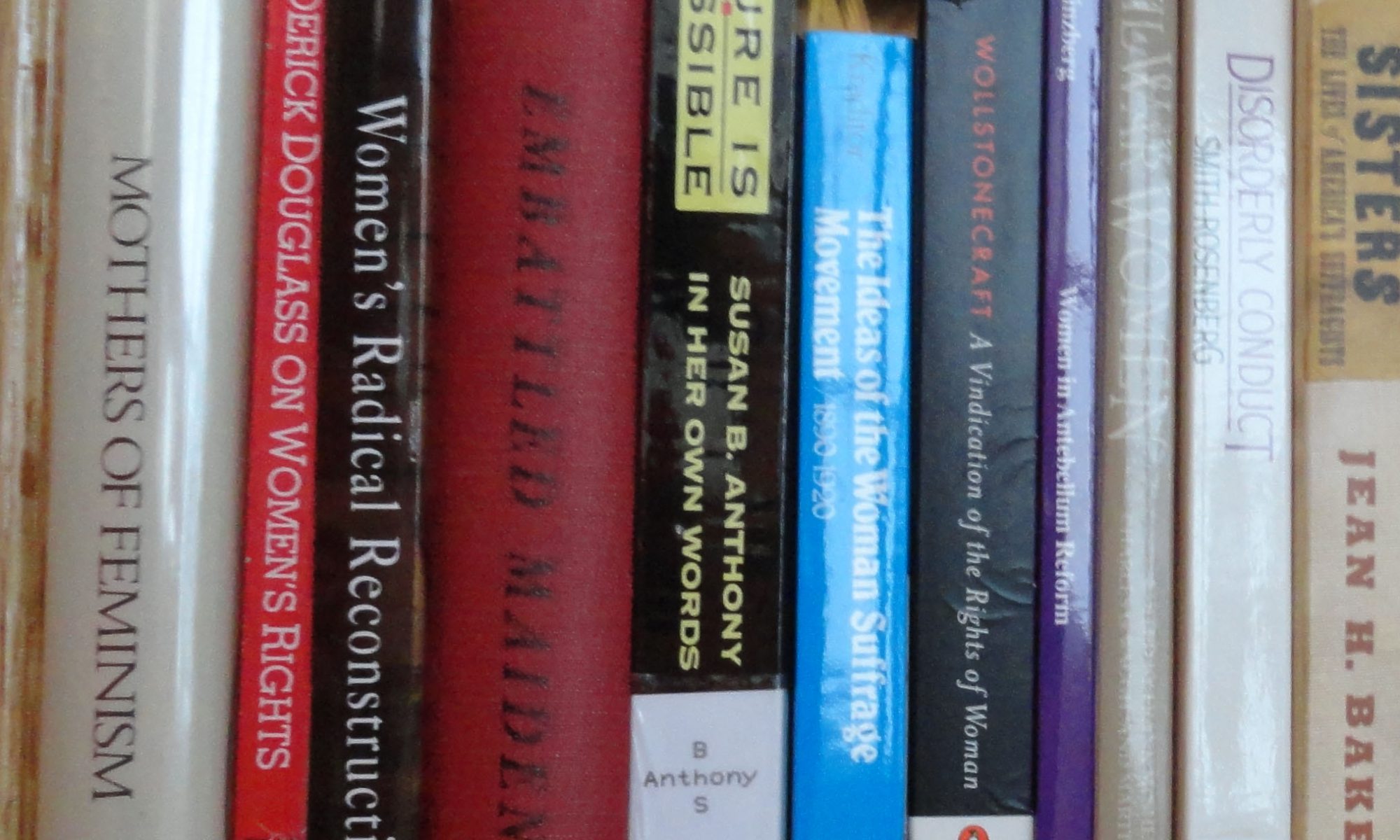 The Joan B. Kroc Institute for Peace and Justice is the sponsor of The Peace Writer project which documents the lives and stories of woman working for peace all over the world. Women are paired with professional writers and videographers and enabled to tell their stories.
The Joan B. Kroc Institute for Peace and Justice is the sponsor of The Peace Writer project which documents the lives and stories of woman working for peace all over the world. Women are paired with professional writers and videographers and enabled to tell their stories.
The following excerpt is the story of Pauline Dempers ,a human-rights activist and torture survivor, from Namibia. She founded the group Breaking the Wall of Silence which advocates for the rights of those imprisoned and tortured and disappeared during the Namibian war. Working with free-lance writer, Jenna Barnett, Pauline Dempers shares the crystallizing moment when she became aware of bigotry and injustice.
Nama skin is proud — stubborn proud. Resilient proud. Proud like the Namas who had fought the German colonists on horseback and proud like the Namas who would boycott the Apartheid Bantu education system in a few years’ time. Nama skin curves like the waves of the sand dunes by the Namib desert where Pauline was born.
But as a fourth-grader, Pauline had not yet noticed all these colors.
She had begged her mother, who had recently fallen ill, to let her move to Rehoboth with her while she was receiving treatment at the city’s local hospital. She wanted to be with her mom, but she also wanted to see somewhere new. Pauline’s parents had a soft spot for their free-spirited, playful middle child, so they gave in to her persistent begging. She moved to the suburbs of Rehoboth where her grandmother’s sister lived — a Coloured woman almost as white as an Afrikaaner. Though Pauline attended a Black Catholic school, she lived in a Coloured house and had to follow all the rules that came with it. But on the way home from school, the rules became blurry.
Pauline met up with her friends to play as soon as the dismissal bell rang. She could not wait to play netball — a game with a basket, a ball, and no dribbling or backboards. Each player has a designated section of the court that she must remain in. Pauline was always in the center, right in the middle of things.
When Pauline arrived back at her grandmother’s sister’s house, she asked her friends to wait outside while she changed out of her green and white school uniform. But as she left the house again to meet up with them, Pauline heard her grandmother’s sister’s voice pulling her back:
“Don’t go play with the Black children!”
Pauline looked down at her own dark skin. She didn’t understand. She was slightly darker than most Nama people, and much darker than her grandmother’s sister.
“What Black children?”
Her grandmother’s sister chased her friends away.
Suddenly, Pauline felt the divisive apartheid oppression from within her own family. She wanted to go back home to Gibeon, a traditional village on land owned by a white farmer. She missed the local chief politics, and her father teasing her that she had to crawl when she went to the royal house. Pauline missed looking down from the schoolhouse to see her peers crossing the river for school. But she especially missed her rebellious father, and now she had learned to loathe the rules he broke.
Read the whole of Pauline Dempers story here.
Listen to Pauline Dempers speak about Breaking the Wall of Silence
Learn more about the Women Peacemaker Program
Why do you think projects like this one which focus on people working for peace and justice get so little coverage in the press?
I welcome your comments below.

